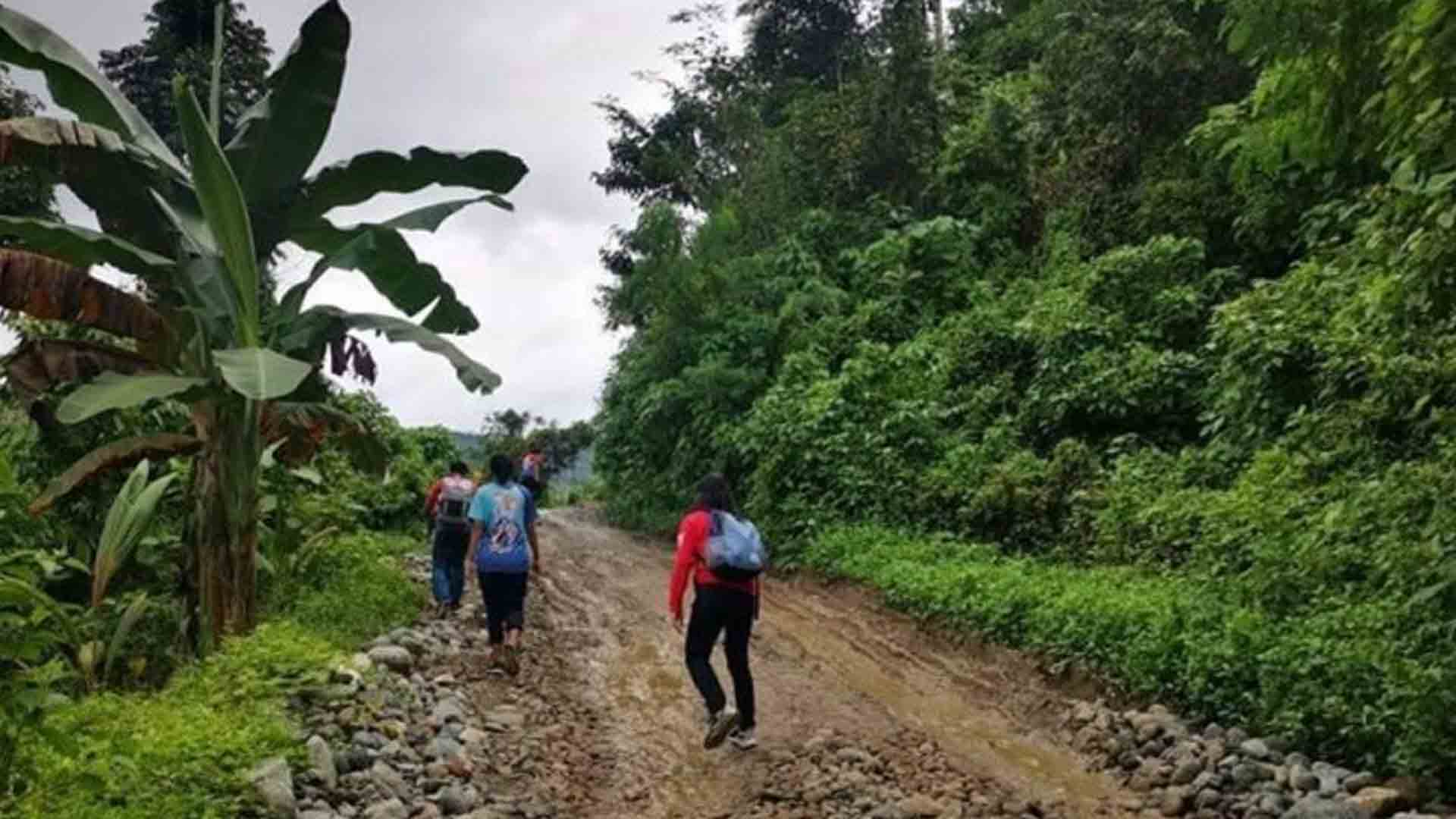While many people living in urban areas across the Philippines have been inoculated against Covid-19, there remains a significant number of those living in the hinterland of Mindanao who are yet to be vaccinated.
This is primarily because many are unable to bear the cost of traveling to a vaccine center in the main city while others fear getting the vaccination owing to misinformation and lack of awareness. As a result, their families and communities remain vulnerable to the threat of Covid-19.
Oliver Baton, a resident of Barangay Digkilaan, which is a 45-minute drive from Iligan City, said transport is expensive, and taking a day off from work is a luxury they cannot afford.
“Even if we want to get inoculated, the city is far from here and we would have to spend about 200 Philippine pesos on the fare. We’d rather tend to our farms and stores than spend an entire day to get vaccinated and lose our income for that day,” said the 28-year-old storekeeper.
To help Baton and other residents from rural areas, the Philippine Red Cross (PRC) in Iligan has been helping the local government to conduct vaccination drives in all 12 villages (barangay) around the city. Since the launch of the vaccination drive in January 2022, the National Society has administered 41,959 doses (including first, second, and booster shots) in and around Iligan City.
Supporting this effort, the International Committee of the Red Cross (ICRC) is providing financial assistance to the PRC to acquire equipment for cold-chain storage, personal protective equipment (PPE) kits, and medicines. The money is also used to provide a small allowance to PRC volunteers in Iligan.

“Vaccinating those who live in far-flung places is essential for building herd immunity. But, besides the issue of cost and inconvenience, some people refuse to get the vaccine because of fears triggered by misinformation. Until this is addressed, the pandemic may go on for a long time,” said Michelle Emee Vanguardia, the PRC’s health representative in Iligan.
Therefore, the vaccination drive is also a way for the PRC volunteers to educate residents and debunk COVID-19 vaccine myths.
Vanguardia added that by going to the areas and directly engaging with the community, volunteers clarify bits of false information and convince people to get vaccinated while also making the vaccines accessible.
“People in far-flung areas and urban slums should not be forgotten while implementing vaccination programs, even if it means taking the vaccine to them. In the fight against COVID-19, no one is safe until everyone is safe,” she added.
Residents receive pre-and post-vaccination counseling, consultation with a doctor, and some medicines to relieve possible side effects.
Ivy Tomarong, another resident of Digkilaan, said her colleagues were encouraged to get the vaccine after she took the jab.
“Preventing the spread of COVID-19 is a collective effort and we can contribute by getting the vaccine. Initially, my colleagues were hesitant, but when they saw that I did not experience any severe side effects after getting my first dose they were also convinced,” said Tamarong, a 35-year-old pre-school teacher.
Both Baton and Tomarong now eagerly await their booster doses, which they will receive from the PRC after 6 months. (PNA)







